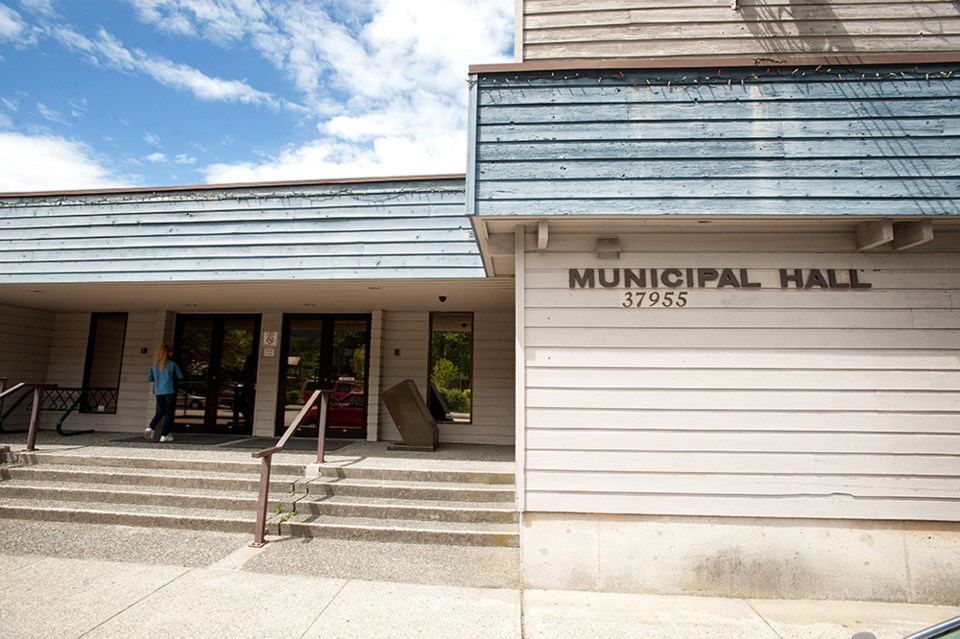On the heels of a provincial bill aimed at accelerating the delivery of new housing, the District of 麻豆社国产is looking to streamline some of its processes at municipal hall.
At the June 6 council meeting, elected officials moved a step closer to delegating certain minor development variances to district staff, while also allowing some zoning amendments to go ahead without a public hearing.
“These changes are an important step forward as we grow as a community and as we modernize our processes,” said Mayor Armand Hurford.
The move comes following the B.C.’s government’s passing of , which aims to streamline development approval processes across the province to help expedite new housing and better meet demand. The bill also allows local governments’ to not hold a public hearing on a proposed zoning bylaw if it is deemed consistent with that jurisdiction’s official community plan.
The first reading of the amendment to the district’s land development procedures bylaw passed unanimously at the June 6 meeting, along with a few changes to the wording of the bylaw in specific subsections that were introduced by council.
“Notwithstanding a few changes we've made, I think staff did a really good job at capturing what policy we need to feel comfortable about delegating this, and I think recognize we can come back and adjust in the future if we feel we need to,” said Councillor Chris Pettingill.
If this amendment does pass, the zoning bylaw amendments that would no longer automatically trigger a public hearing are:
- Residential and mixed-use applications where the residential units do not exceed 20 units and non-residential space does not exceed 400 square metres of floor area.
- Non-residential applications where the floor area does not exceed 400 square metres.
- Non-residential applications within the Sea to Sky Business Park.
- Applications within the Oceanfront development or areas where a recent Neighbourhood Plan has been adopted or amended within the last 10 years.
- Applications for 100% market rental or affordable housing projects.
However, in the new proposal, council would still have the opportunity to require a public hearing at the time of first reading.
If the proposal is approved, development variance permits with the following criteria would be delegated to staff:
- Design criteria for off-street parking or loading spaces.
- Provision of off-street parking spaces for buildings or uses, provided that the number of required spaces is not reduced by more than 10% and any cash-in-lieu options are utilized.
- Regulations for the siting or height of solid waste separation and storage facilities, outdoor covered structures and greenhouses.
- Site coverage regulations, provided that maximum site coverage is not increased by more than 25%.
- Building setback regulations, provided that a required setback is not reduced by more than 25%.
- Projections into required setback, provided that the variance deals only with the extent of a projection and does not provide an exception for a type of projection that is not provided for in the bylaw. A projection is a feature of a building that extends outside of the structure.
- Building height regulations, provided that permitted height is not increased by more than 10%.
Philip Gibbins, a District planner, said at a March committee of the whole meeting that council is typically in line with the staff recommendations on minor development variance permits.
“Since the beginning of 2022 … council has agreed with staff’s recommendation on development variances every time, except for some minor wording amendments,” he said.
The District previously reported that about 40% of applications over the last two years would have been eligible for delegation.
Council will reconvene on this bylaw amendment for further readings at a later date.
~With files from Jennifer Thuncher


